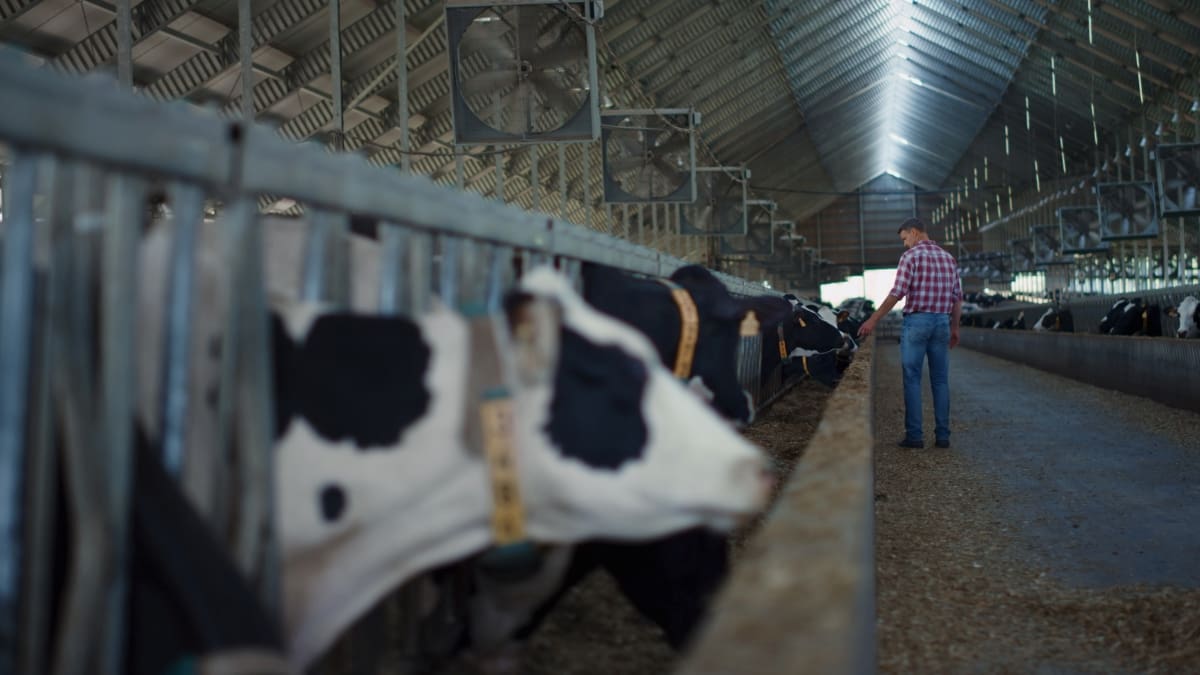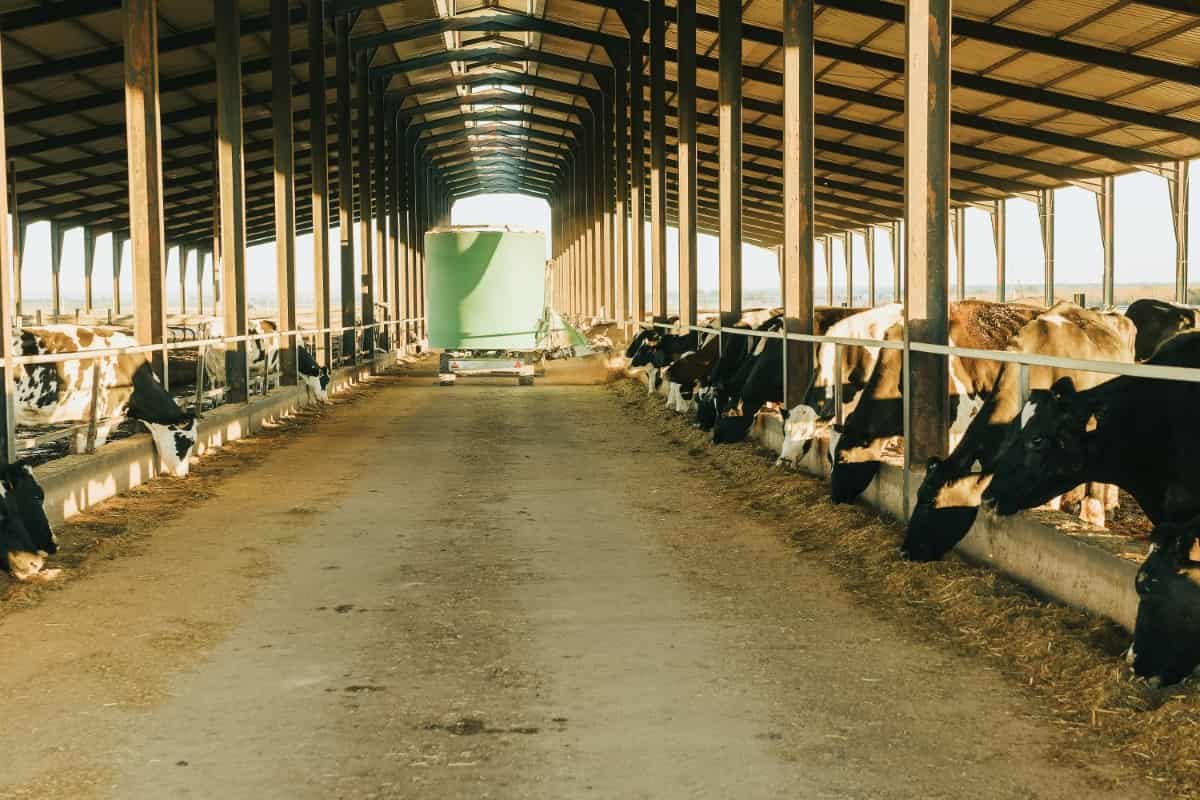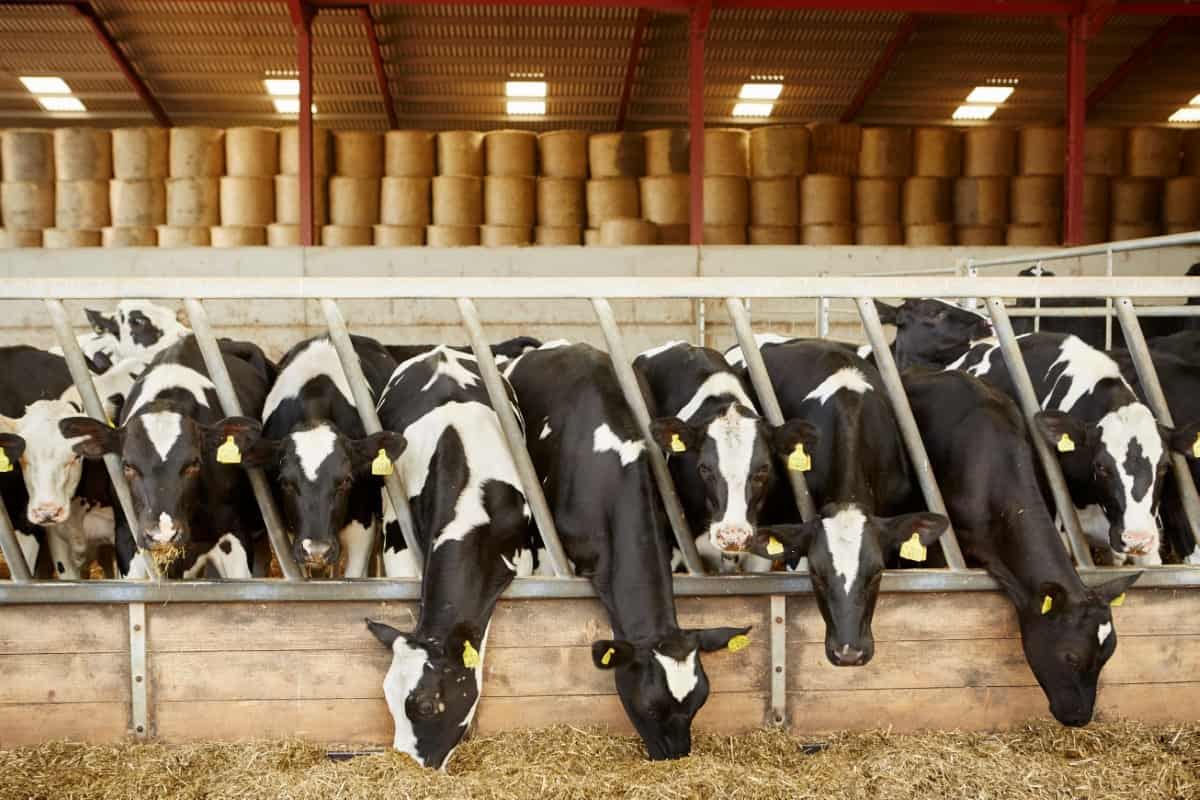Contract farming, which refers to the agreement between farmers and buyers that establishes conditions for producing and marketing farm products, is a rising trend in the agricultural industry worldwide. With the advent of global markets, contract farming offers producers and buyers an effective mechanism to coordinate supply and demand.

This comprehensive article explores significant aspects of cattle contract farming, its benefits for small-scale farmers, implications for commercial meat production, rural development, and best practices. We also discuss ways to start a contract farming business, the role of contractual agreements in breeding programs, and the scope for organic cattle farming targeting specialty markets, ultimately enhancing value chain integration.
Benefits of Cattle Contract Farming for Small-scale Farmers
Cattle contract farming has emerged as a boon for small-scale farmers in multiple ways. Firstly, it provides farmers with a guaranteed market for their products, alleviating the risks associated with price volatility and market uncertainties. Secondly, it secures a steady source of income for the farmers, enabling them to plan their farm operations better.
Thirdly, buyers often provide farmers with technical assistance, such as quality control and disease management, improving overall cattle health and productivity. Additionally, contract farming can facilitate access to credit and advanced technology, enhancing farm efficiency and yield. Consequently, small-scale farmers can compete in the global market and improve their living standards.
Contract Farming of Cattle for Commercial Meat Production
In commercial meat production, cattle contract farming ensures product consistency, quality, and safety. Contractual agreements between farmers and buyers often incorporate provisions about animal feed, breeding, health management, and slaughter processes. These agreements allow buyers to trace the meat to its origin, facilitating quality control and compliance with health and safety regulations.
Moreover, contract farming encourages large-scale production, bringing down the per-unit cost of production and making commercial meat more affordable for consumers. It also supports ethical and sustainable farming practices, as many contracts now include stipulations about animal welfare and environmental impact.
Cattle Contract Farming Models for Rural Development
Rural development and agriculture are intricately linked. Cattle contract farming models have tremendous potential to foster rural development by stimulating local economies, creating employment opportunities, and reducing poverty. These models involve various stakeholders, including farmers, buyers, and ancillary service providers like veterinarians and feed suppliers, thus integrating rural economies with larger national and international markets.
Moreover, rural communities stand to gain from improved infrastructure, like transportation and storage facilities, that often accompany contract farming. When combined with improved access to technology, knowledge, and credit facilitated by contract farming, these benefits can profoundly impact the socio-economic development of rural areas.
Best Practices for Cattle Contract Farming in Grazing Systems
Effective management of grazing systems is crucial for cattle contract farming. Here, best practices would include rotational grazing to maintain the health of pastures, careful selection of cattle breeds that thrive in local conditions, and strict adherence to health protocols to prevent diseases. Additionally, careful monitoring of pasture growth and cattle weight gain, along with employing sustainable farming practices, like managing manure to reduce environmental impact, is essential. Furthermore, communication and transparency between farmers and buyers are critical to ensure that contract terms are clear, fair, and beneficial for both parties.
In case you missed it: Goat Contract Farming 101: Everything You Need to Know

How to Start a Cattle Contract Farming Business
Starting a cattle contract farming business involves meticulous planning and execution. It starts with understanding the market demands and identifying potential buyers. Then, the focus shifts to developing a viable business plan that outlines capital requirements, projected revenues, and a detailed farming strategy. The next step is to secure financing through personal savings, loans, or grants.
After that, entering into a contractual agreement with buyers that defines the terms of production and sale is necessary. Ensuring access to suitable land for cattle rearing and securing necessary permissions and certifications follows. Finally, investing in appropriate infrastructure like cattle housing, feeding, and health management systems is vital. For a successful operation, farmers must also be equipped with knowledge and skills in cattle rearing and must be prepared to adhere to the contract’s terms and conditions rigorously.
Contract Farming Agreements for Cattle Breeding Programs
Contract farming can significantly enhance cattle breeding programs. The agreements can include clauses specifying breeding guidelines to improve cattle genetics, ensuring superior meat or dairy quality. Based on the production objectives, they can also incorporate guidelines on bull selection, artificial insemination, natural mating, and calf management.
These agreements also foster data sharing between parties, enabling better tracking of breeding outcomes and continual improvement of herd genetics. By reducing the risks associated with breeding decisions and ensuring technical assistance, contract farming can aid in producing high-quality cattle.
Contract Farming of Organic Cattle for Specialty Markets
The rising consumer demand for organic and ethically produced food has opened new opportunities for contract farming of organic cattle for specialty markets. Here, cattle are reared without synthetic inputs, like hormones or antibiotics, and are fed organic feed. The contract farming agreements for organic cattle guarantee a premium price for farmers and ensure compliance with organic standards. This niche market benefits from contract farming by getting a consistent supply of organic cattle. At the same time, farmers gain through assured markets and premium prices, thus making organic farming a viable proposition.
Cattle Contract Farming and Value Chain Integration
Cattle contract farming is instrumental in integrating various value chain components, from production to processing to marketing. It facilitates coordination between farmers and buyers, ensuring consistent quality and supply. The contract farming agreements often stipulate standardized inputs, adherence to specific rearing and health management practices, and compliance with slaughter and processing standards.
In case you missed it: Exploring the Tilapia Fish Contract Farming: A Comprehensive Guide

This integration ensures the traceability of the product, which is particularly crucial in today’s context, where consumers demand transparency about their food’s origin and production methods. Furthermore, value chain integration through contract farming promotes efficiency and productivity, making cattle farming more profitable and sustainable.
Conclusion
Cattle contract farming provides a synergistic platform where small-scale farmers, commercial meat producers, rural communities, and specialty markets can converge for mutual benefits. It ensures a consistent supply of quality products, promotes efficient and sustainable farming practices, and fosters rural development. For farmers, it opens up avenues for better market access, technological adoption, and financial security.
- Feed Your Flock for Less: Top 10 Tips to Save on Chicken Feed
- Ultimate Guide to Ossabaw Island Hog: Breeding, Raising, Diet, and Care
- Hatching Answers: The Top 10 Reasons Your Chickens Aren’t Laying Eggs
- Eggs and Economics: Breaking Down the Cost of Raising Backyard Chickens
- Defend Your Greens: Proven Methods to Keep Iguanas Out of Your Garden
- Ultimate Guide to Cinnamon Queen Chicken: A Comprehensive Guide for Beginners
- Ultimate Guide to California Tan Chicken: Breeding, Raising, Diet, Egg-Production and Care
- Ultimate Guide to Marsh Daisy Chicken: Breeding, Raising, Diet, and Care
- 10 Types of Chicken Farming Businesses You Can Start for Profits